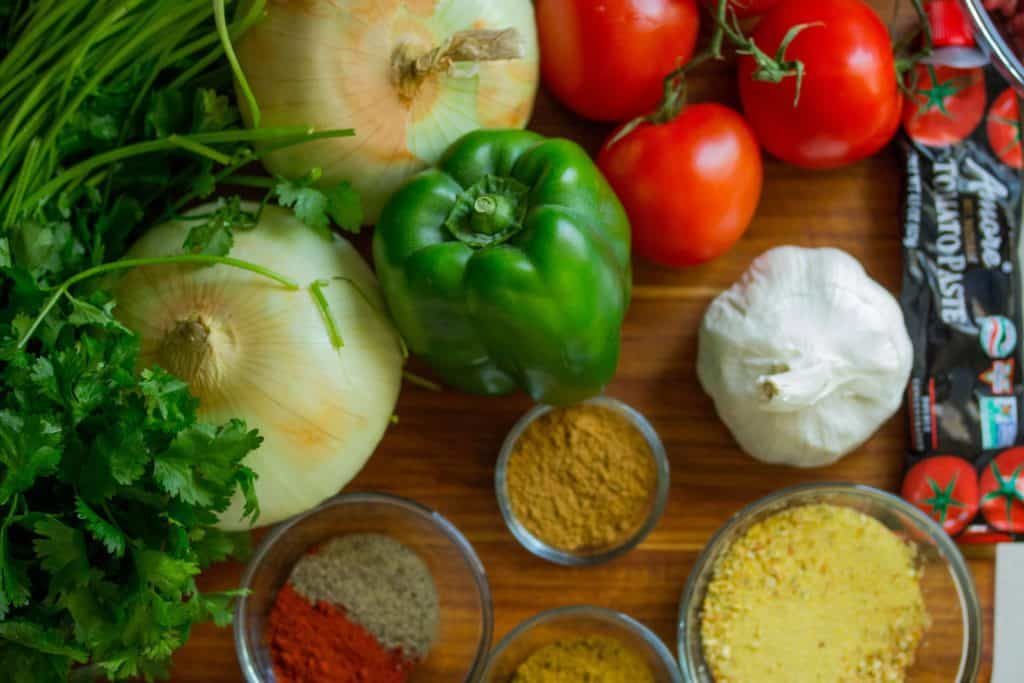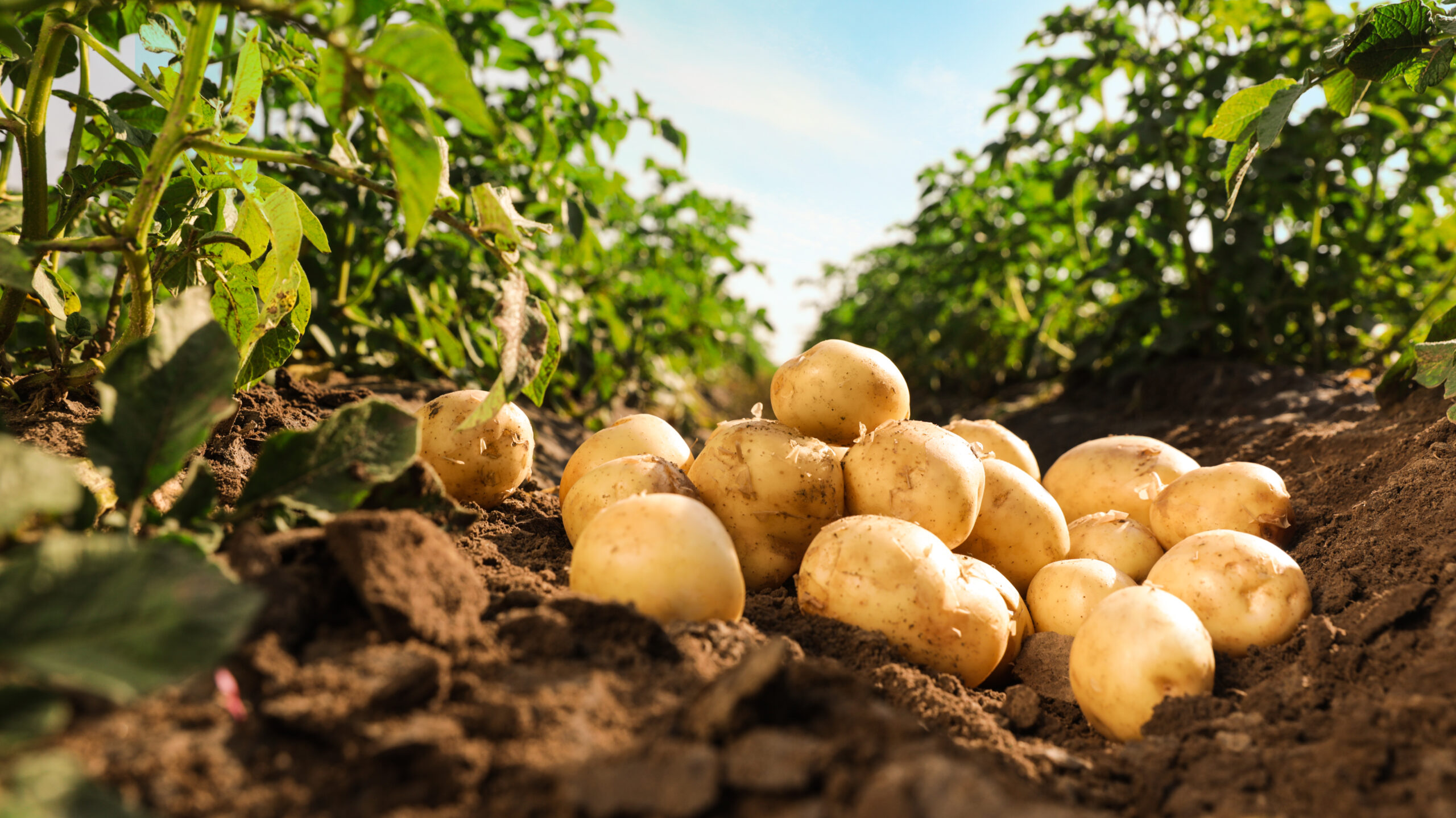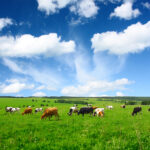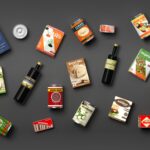Operators who want to export their products to the United States should comply with the requirements of the National Organic Program, known as NOP. NOP is the US organic regulation issued by the USDA, United States Department of Agriculture.
Third-party agents around the world certify operations to USDA organic standards and FoodChain ID Certification’s sister company Bioagricert is one of them.
USA – EU EQUIVALENCE
In 2012 the European Union and the United States Department of Agriculture signed an agreement that established the equivalence between the EU organic regulation and NOP. The agreement includes some limitations which can be synthesized as follows:
- Animals must be bred without antibiotics; it will not be possible to export in USA animal origin products derived by animals treated with antibiotics and, in order to cover this aspect it’s been included, with the EU Reg. n. 126/2012, the introduction of a complementary purchase document to be released to the interested operators, in which is attested that those are “Animal products obtained without using antibiotics”. The presence of that document, or of a conformity certificate on which is indicated the same sentence, will have to be checked towards all the operators of the supply chain up to the end-product exported in the USA;
- The products need to be followed by the dal NOP IMPORT CERTIFICATE issued by a EU authorized Control Body;
- The products can be produced inside or outside the EU, then imported in the EU in compliance with the dispositions of Reg. CE 834/2007 and by the EU Reg. 1235/2008, with the aim of their subsequent transformation, package and sending in the USA.
Products of aquaculture are still excluded from the EU – USA agreement.
Operators who want to export their products to the US can:
- ask the NOP certification and label their products with NOP/USDA organic logo.
- export their products in equivalence with the import certificate.
FoodChain ID is able to offer operators both possibilities because it has maintained the NOP/USDA accreditation.
NOP import certificat
From 1st June 2012, products can be exported to the US in equivalence with just a certification document called NOP IMPORT CERTIFICATE. This document includes: indications on town and state of destination, name and address of the exporter and of the importer, name of the Certification Body that issues the certificate, net weight of the goods and the total number of containers, name of the product, information on the shipping method, identification of the “final handler” and of its CB, when different from the exporter.
Labelling
Labels should always comply with NOP specific requirements and categories: “100% organic”, “Organic” and “Made with organic ingredients” (the category “Less than 70% organic products” is not included in the agreement).
Labels should always indicate “Certified organic by …” followed by the name of the EU authorized CB (in compliance with EU Reg. 834/2007) and the code of the EU CB (for Bioagricert is IT BIO 007). The products of the first two categories can also report USDA Organic and/or the Organic EU logo.
Organic wine
After the publication of the EU regulation 203/2012 the EU-USA working group is assessing how organic wine can enter in the equivalence agreement. In the transition period the conditions for exporting organic wine to the US are the same laid down in the US organic regulation: “Organic”, when no sulphur dioxide is added; “Made with organic grapes”, if sulphur dioxide is added, with a maximum level present in the finished product of 100 parts per million.
In both cases, the absence of substances forbidden by § 205.605 of the NOP regulation should always be verified.










